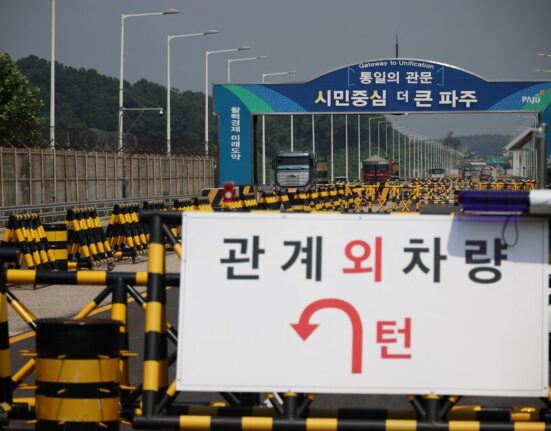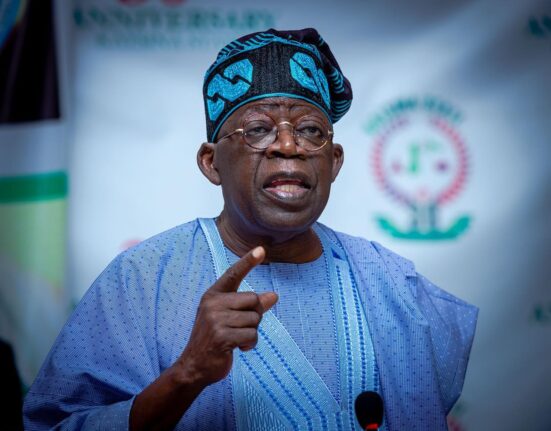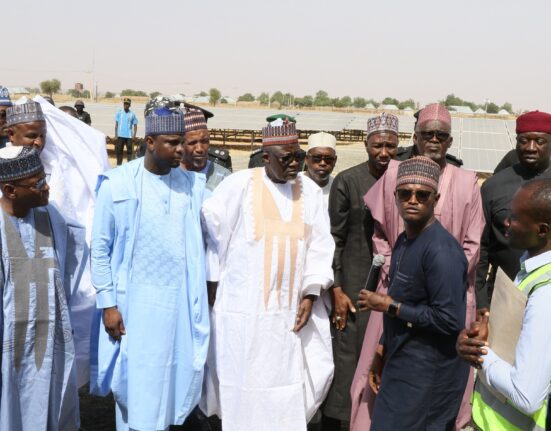Badr Abdelatty, Egypt’s Minister of Foreign Affairs and Emigration, recently convened with Ahmed Attaf from Algeria and Mohamed Ali Nafti from Tunisia in Cairo. The purpose? To reignite a trilateral forum focused on Libya—a critical endeavor given the current fragility in western Libya.
The three foreign ministers engaged in comprehensive discussions about the ever-evolving situation in Libya. As Abdelatty expressed,
“the national security of Egypt, Algeria, and Tunisia as direct neighboring countries to Libya,”
underscores the urgency of their joint efforts in supporting stability within the region.
During the meeting, Minister Abdelatty underscored the paramount importance of respecting Libyan sovereignty and unity. He emphasized the need for a political process led by Libyans themselves without external interference—an approach that aligns with fostering sustainable peace through diplomatic channels.
As discussions unfolded around recent events in Tripoli, consensus was reached on prioritizing security and stability across all Libyan territories. Upholding state resources and institutions while safeguarding national integrity emerged as key focal points for collaborative action among Egypt, Algeria, and Tunisia.
In a joint communique following their meeting, the ministers reiterated their commitment to upholding Libyan interests above all else. They called for unity among all parties within Libya under UN supervision—advocating for consensus-building measures throughout the nation.
The reactivation of this trilateral mechanism signifies a significant step towards achieving long-term stability within Libya. By renewing calls for restraint among Libyan factions amidst escalating tensions in Tripoli, these ministers are actively paving the way for inclusive dialogue and conflict resolution.
Central to their mission is ensuring full Libyan ownership of any political processes moving forward—a principle designed to empower Libyans to determine their own future free from external pressures or interventions. This approach aims at unifying institutions and paving the way for democratic elections as part of a broader reconciliation strategy.
Moreover, rejecting external interference remains a steadfast stance held by these nations—an essential pillar in safeguarding regional security and thwarting further destabilization both within Libya and its neighboring territories. By emphasizing support for existing ceasefire agreements and unified military structures free from foreign influence or mercenaries—the path towards lasting peace becomes more tangible.
Looking ahead, continued coordination between Egypt, Algeria, Tunisia—and other stakeholders—is deemed crucial to navigating complex challenges facing Libya’s political landscape effectively. Regular meetings such as these serve as vital platforms for exchanging insights and strategies aimed at fostering sustainable development across North Africa.
As these nations reaffirm their dedication to supporting Libya’s journey towards stability—their collaborative efforts stand poised to shape an inclusive future where peace prevails over conflict.








Leave feedback about this